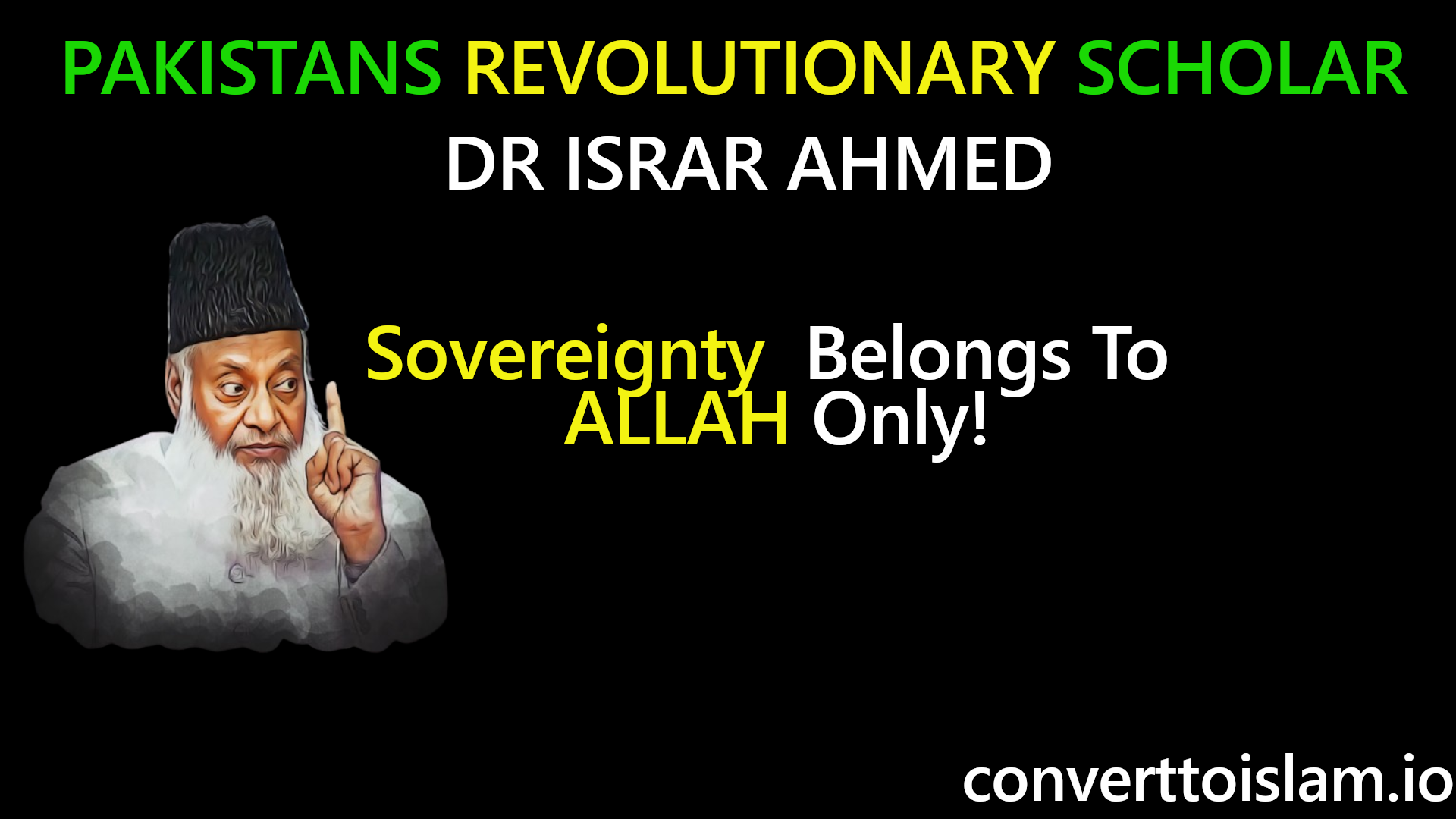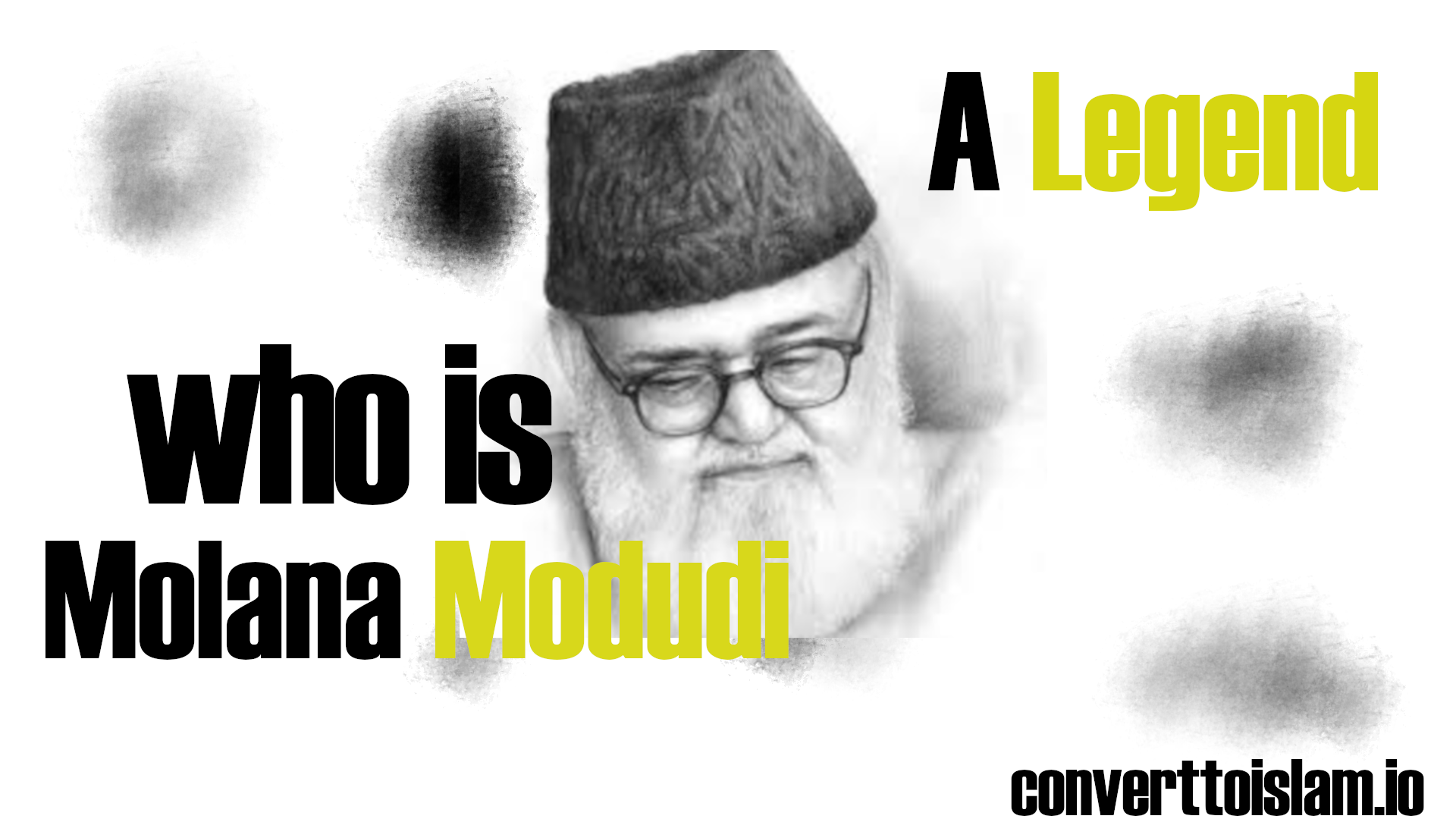Early Life and Roots
Born on April 26, 1932, in Hisar, British India (now Haryana, India), Dr. Israr Ahmed grew up in a family that balanced religious devotion with modern education. His father, a civil servant during British rule, instilled in him a disciplined mindset. After the Partition of India in 1947, his family migrated to Lahore, Pakistan, seeking a new beginning in the newly formed Muslim-majority nation.
From Medicine to Mission
Though he pursued a medical degree (MBBS from King Edward Medical College, 1954), his heart was elsewhere. Deeply moved by Islamic scholarship, he later earned a Master’s in Islamic Studies (1965, University of Karachi) and left medicine to dedicate his life to Islamic revivalism.
Intellectual Awakening
In his youth, he was inspired by Allama Iqbal’s philosophical vision and Maududi’s activism, joining Jamaat-e-Islami in 1950. However, he later parted ways due to ideological differences, believing that true Islamic reform required spiritual transformation, not just political struggle.
A Movement for Change
In 1975, he founded Tanzeem-e-Islami, an organization focused on moral and intellectual revival rather than electoral politics. His approach was simple yet profound: “Change begins within.”
He also established the Quran Academy (1967), where his legendary “Bayan-ul-Qur’an” lectures broke barriers, making Quranic tafsir (exegesis) accessible to millions. His teachings emphasized:
- Deep reflection (Tadabbur) on the Qur’an—not just recitation.
- Spiritual purification (Tazkiyah)—cleansing the heart for sincere faith.
- Rejecting cultural Islam—focusing on the Qur’an and Sunnah over blind tradition.
A Scholar for the Modern Age
Unlike many traditional scholars, Dr. Israr embraced modern media, using TV, radio, and later the internet to spread his message. His 8,000+ lectures—many translated into English, Arabic, and other languages—continue to inspire Muslims worldwide.
Key Beliefs and Contributions
- Against Political Islam: He believed grassroots education, not power struggles, would revive Islam.
- Advocate for Khilafah: He envisioned a united Muslim Ummah under a just Islamic system.
- Critique of Westernization: Warned Muslims against losing their identity to secular ideologies.
Legacy and Lasting Impact
Awarded Pakistan’s Sitara-i-Imtiaz (1981), Dr. Israr’s influence extended far beyond his lifetime. Even after his passing on April 14, 2010, his works remain a cornerstone of Islamic learning.
Final Thoughts
Dr. Israr Ahmed was more than a scholar—he was a revivalist, a teacher, and a guide who urged Muslims to return to the Qur’an with understanding and action. His legacy lives on in the millions who continue to learn from his wisdom.
“Islam is not just a religion—it’s a revolutionary ideology.” — Dr. Israr Ahmed




